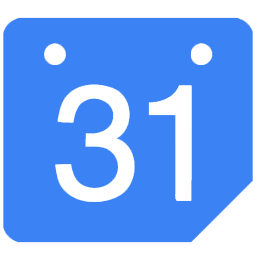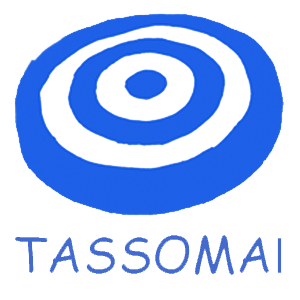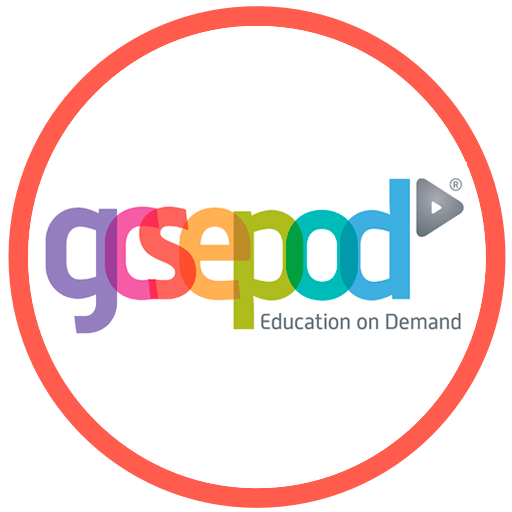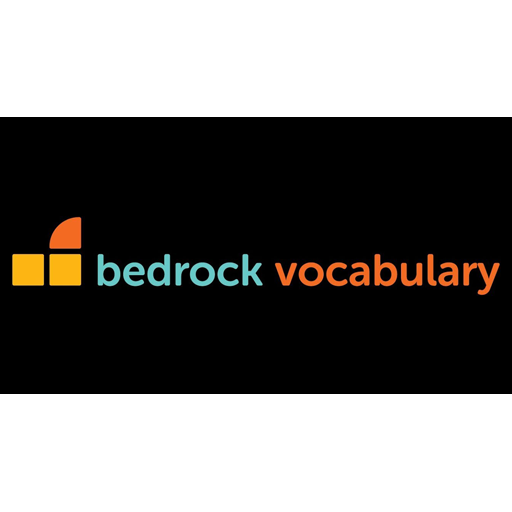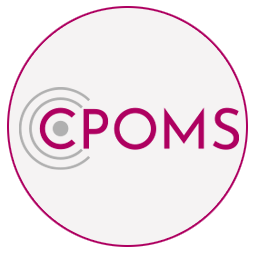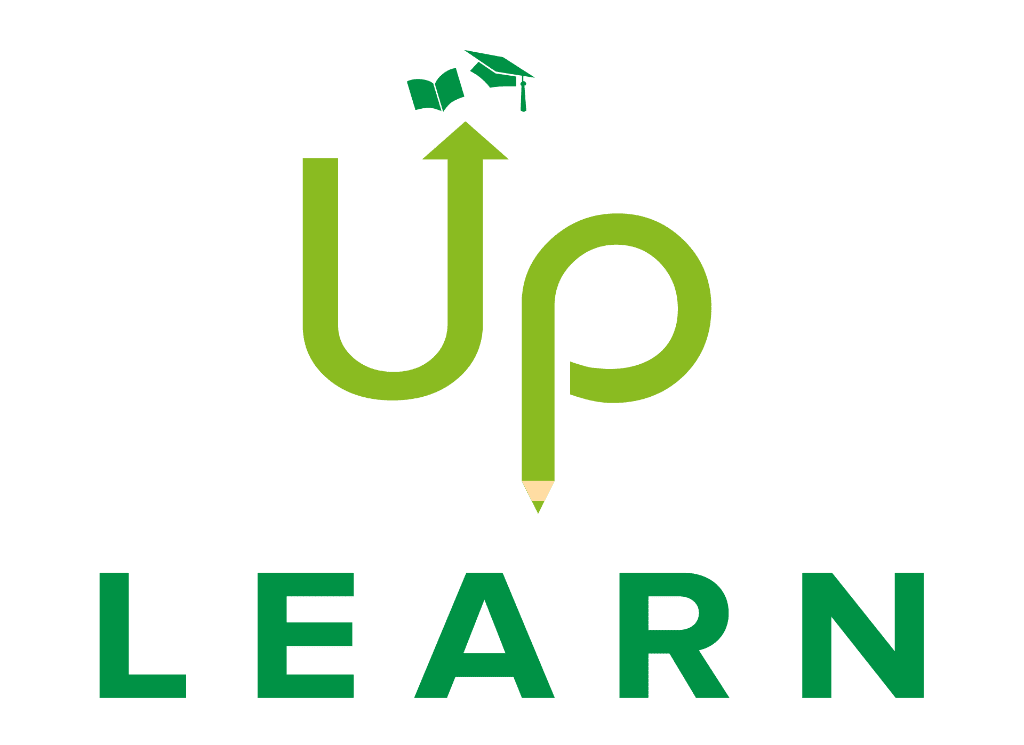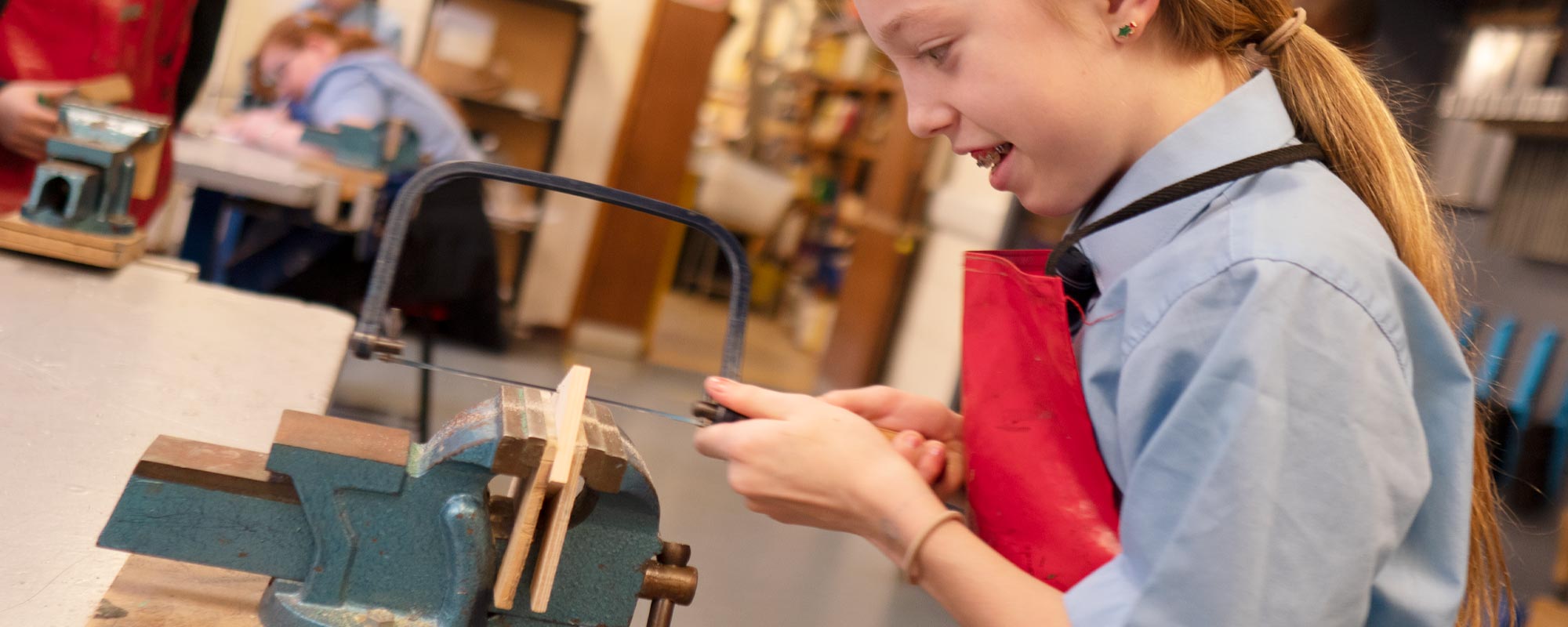
English
Head of Department – Mr Wedge
A complete reading passport will be handed out to all Year 7 and 8 students each September.
Year 7 English
Autumn Term (term 1 and 2) Y7
Forensic Linguistics
Pupils will study a variety of texts written by the suspects in a murder case, using their observations about the stylistic choices and grammatical mistakes of the suspects they will attempt to unmask a killer! This module will test students’ ability to identify features and compare texts.
Dahlight
A study of Roald Dahl’s nonfiction writing as well as his short stories. Students will explore vocabulary and sentence structure in fiction writing by writing the opening to their own short stories.
Shakespeare
Students will read a range of extracts from Shakespeare’s plays. In addition to a close study of Julius Caesar we will look at; Macbeth, Richard III and Hamlet and examine – through the characters – villainous motivation. Students will study the language and themes presented through the play and analyse key passages for meaning.
Spring Term (term 3 and 4) Y7
Wonder
Students will read R.J. Palacio’s novel as a class as well as explore nonfiction texts based on the themes and subject matter discussed in the book. Students will develop oratory skills in a Socratic Circle as well as reading skills in extract analysis.
Summer Term (term 5 and 6) Y7
Exam prep
Pupils will study a variety of non fiction texts that will focus on social issues. They will also study extracts from a wide range of classic novels. We will use these texts to prepare for an English Language style exam.
Forensic Poetry
Pupils will study a variety of poems linked by common themes to determine how poets create meaning. We will work on the skills of analysis and comparison as well as using poems to inspire creative writing.
Year 8 English
Autumn Term (term 1 and 2) Y8
History of English
Students will begin Year 8 with a look at language from cave painting to texting. Students will work forward in time until we start to focus on texts in the Victorian era.
A Monster Calls
Students will read the novel by Patrick Ness as a class as well as explore nonfiction texts based on the themes and subject matter discussed in the book. Students will develop oratory skills in a Socratic Circle as well as reading skills in extract analysis.
Spring Term (term 3 and 4) Y8
Thematic Shakespeare
Students will study a variety of Shakespearean texts in thematic groups. We will focus on language, structure and the context that Shakespeare was writing in.
Dystopian Fiction
Students will read a variety of extracts of dystopian fiction; they will be looking at style of writing, areas of commonality and the contexts of the times of writing. Pupils will also be looking to create their own writing based on the dystopian genre conventions.
Summer Term (term 5 and 6) Y8
Exam skills Curious Incident of the Dog in the Night-time
How we assess students
In English we assess students and develop skills in three specific aspects of English literature and language: reading, writing and speaking and listening. Assessments range from comparative essays to creative writing to delivering speeches. Students are formally assessed at least once a term using assessment focuses derived from GSCE criteria in order to ease the transition from Key Stage 3 to Key Stage 4. Feedback is detailed and specific to each student and students are given time to ‘Think Pink and Go Green’ on assessments.
How to support your child
The easiest and most effective way to support your child is simply to encourage reading – push your child to more challenging reads, read with your child and have discussions with your child about what you have read. Good habits for GCSE preparation start at Key Stage 3. Parents can help support and foster independence in learning by encouraging students to start their homework projects early and work on them continuously throughout the term.
Homework & Useful Links
Homework is set weekly and should last up to forty minutes. Homework will be set on Google Classroom and will normally also be submitted on that application thus negating the need to print at home. Pupils can use the library in order to complete homework if they do not have access to a computer at home.
http://www.bbc.co.uk/education/subjects/z3kw2hv http://www.bookrix.com/ http://www.bracknell-forest.gov.uk/libraries http://henleyliteraryfestival.co.uk/creative-writing-competition/
Mathematics
Head of Department – Mrs Devine
At KS3, students learn Maths by level according to the National Curriculum. We believe that this gives us a good structure to build on previous knowledge and move students forward. We teach topics weekly and follow a spiralling scheme of work which keeps repetition and retention at the core of what we do.
Teaching by level of ability makes every classroom unique as we thrive to know our students’ data and needs in order to inform our planning and the work we cover. We set by ability in Maths so that each group is of a similar nature and the topic and content is shared and taught for students to grasp concepts easily before building it up.
More often than not, students practice work based on model examples and discussions in class. This is followed by self or peer assessment, giving students instant feedback on what has gone well and where they can improve. This links back to the lesson objectives, allowing the teacher to assess and move on.
We put a great emphasis in student exercise books, their presentation and they are encouraged to show step-by-step working out. As the year goes on, students should be building a book that can easily be used as a friendly and personalised revision guide of their work. Therefore, pace and detail is paramount.
Maths is more than just number work or numeracy. There are four main areas:
Number and Algebra – properties of number, fractions, decimals, percentages, ratio, etc
Shape, Space and Measure – angles, transformations, geometry, graphs, etc
Handling Data – averages, range, charts, interpretation, probability, etc
Using and Applying – making Maths functional and applicable to real life, comparing costs, data and, at a higher level, applying algebra to solve problems in the world around us. This is a great area for investigative work in Maths.
We have the use of interactive whiteboards to help deliver the work and are very much a department that uses textbooks, worksheets and the board to bring variety into our classrooms. We do not underestimate the power of communicating with our students as well as them talking about Maths with each other to explore and gain understanding. The residual skill, we hope, is an inquisitive and reflective learner.
Year 7 Maths
Autumn Term (term 1 and 2) Y7
Forensic Linguistics
Pupils will study a variety of texts written by the suspects in a murder case, using their observations about the stylistic choices and grammatical mistakes of the suspects they will attempt to unmask a killer! This module will test students’ ability to identify features and compare texts.
Dahlight
A study of Roald Dahl’s nonfiction writing as well as his short stories. Students will explore vocabulary and sentence structure in fiction writing by writing the opening to their own short stories.
Shakespeare
Students will read a range of extracts from Shakespeare’s plays. In addition to a close study of Julius Caesar we will look at; Macbeth, Richard III and Hamlet and examine – through the characters – villainous motivation. Students will study the language and themes presented through the play and analyse key passages for meaning.
Spring Term (term 3 and 4) Y7
Wonder
Students will read R.J. Palacio’s novel as a class as well as explore nonfiction texts based on the themes and subject matter discussed in the book. Students will develop oratory skills in a Socratic Circle as well as reading skills in extract analysis.
Summer Term (term 5 and 6) Y7
Exam prep
Pupils will study a variety of non fiction texts that will focus on social issues. They will also study extracts from a wide range of classic novels. We will use these texts to prepare for an English Language style exam.
Forensic Poetry
Pupils will study a variety of poems linked by common themes to determine how poets create meaning. We will work on the skills of analysis and comparison as well as using poems to inspire creative writing.
Year 8 English
Autumn Term (term 1 and 2) Y8
History of English
Students will begin Year 8 with a look at language from cave painting to texting. Students will work forward in time until we start to focus on texts in the Victorian era.
A Monster Calls
Students will read the novel by Patrick Ness as a class as well as explore nonfiction texts based on the themes and subject matter discussed in the book. Students will develop oratory skills in a Socratic Circle as well as reading skills in extract analysis.
Spring Term (term 3 and 4) Y8
Thematic Shakespeare
Students will study a variety of Shakespearean texts in thematic groups. We will focus on language, structure and the context that Shakespeare was writing in.
Dystopian Fiction
Students will read a variety of extracts of dystopian fiction; they will be looking at style of writing, areas of commonality and the contexts of the times of writing. Pupils will also be looking to create their own writing based on the dystopian genre conventions.
Summer Term (term 5 and 6) Y8
Exam skills Curious Incident of the Dog in the Night-time
How we assess students
We assess students four times a year at KS3 and use this information in various ways:
Students take papers at two or three levels based on how they are performing and where they need to aim towards. These tests are one hour each; testing non-calculator and calculator skills. We have also incorporated GCSE questions into our KS3 tests since this is ultimately how they will be measured for GCSE in year 11.
We use our data from marking these tests to monitor and track students’ performance in each class and the year group in order to support or challenge students and hence ensure progress.
When reporting, as the year progresses, we are able to take into account the child’s performance in class and for homework. This helps us add to the raw scores they produce in an exam situation and give teacher assessed scores.
More importantly, we allow students time to reflect on their score and either graduate from a certain level of test or focus on their weaknesses for next time. Students will end up with personalised targets, which are recorded in their books as a list of topics.
Each student has a success ladder inside the front cover of their books to track their own progress, where their levels, scores and personalised targets are recorded and can be referred to at home for revision.
The teacher also makes a note of the class’ weaknesses in order tap into these areas during lessons.
In line with the school policy on early roll-over, we have built in a re-sit window to allow students to retake their April exams again in June. This ensures that students start a new academic year having made the required levels of progress and are not falling behind.
How to support your child
Asking to see your child’s maths book at home and talking through the classwork they have recently done.
Helping students verbalise what they are doing with their home learning and how well they understand the work.
Creating opportunities for children to see that maths is in our everyday lives; from bills, money, measuring, travelling, cooking, etc.
Extending their understanding of Maths beyond just number work to problem solving, logical thinking and being analytical.
Make sure your child is working on Maths regularly, almost daily, to keep up their understanding. This will help Mathematic ability in all walks of life.
Homework & Useful Links
Homework is set weekly and should last up to forty minutes. Homework will be set on Google Classroom and will normally also be submitted on that application thus negating the need to print at home. Pupils can use the library in order to complete homework if they do not have access to a computer at home.
http://www.bbc.co.uk/education/subjects/z3kw2hv http://www.bookrix.com/ http://www.bracknell-forest.gov.uk/libraries http://henleyliteraryfestival.co.uk/creative-writing-competition/
Promoting British Values
The government set out their definition of British values in the 2011 Prevent Strategy. These were reinforced in September 2014 due to recent events. These new regulations will sit alongside the requirements of the Equalities Act, which also applies to all types of school.
Schools will be expected to focus on, and be able to show, how our work with pupils is effective in embedding fundamental British values.
SMSC
SMSC stands for Spiritual, Moral, Social and Cultural learning.
All students, whilst studying at EPCS, partake in a number of activities in and out of the classroom that develop their understanding of these key concepts, allowing them to become well rounded individuals with an ability to consider all pathways in life. SMSC is not taught; it is instead an opportunity for students to use time to research and develop thoughts about life topics – so that they leave each session with greater knowledge and have come to their own decisions, weighing up what matters to them. EPCS drives the notion that ‘knowledge is power’ and through our rigorous SMSC programme, we ensure that all students have the knowledge to make good life choices and become the best people they can be.
Spiritual Education
We strive to:
- Give students opportunities to research the beliefs of others
- Discuss the reasons behind different beliefs
- Weigh up the similarities and differences of different beliefs
- Provide students with time to consider why they believe to be important
- Learn more about the world around them
- Reflect on their experiences and reconsider their actions
- Imagine scenarios and their outcomes
- Evaluate their ability to deal with certain situations
To do this we offer students a number of opportunities:
- PHSE sessions on love, friendship, sex and morality.
- Assemblies offering information on topical beliefs – we explored the reasons for acts of terrorism after discussing events in Brussels.
- Prevent strategy
- Excursions to new places – trips and challenges that push students outside of their comfort zone.
- Sign up to groups such as Life Skills or Duke of Edinburgh.
- Mentoring, to reflect on past success and areas of improvement
- Adviza sessions.
- Sign up to national events, such as Kindness Day.
Moral Education
We strive to:
- Make students clearly aware of right and wrong actions in society
- Show students the consequences of actions, in order to promote behaviours that will support and nurture their drive to succeed.
- Share viewpoints of others, taking one situation and considering feelings from a number of perspectives.
- Weigh up ethical issues that may link to a person’s moral stance.
To do this we offer students a number of opportunities:
- Bike It Crew – information to all on the effects of carbon footprints
- Assemblies on The Rule of Law
- E-Safety day – Year 9
- Law PHSE sessions
- Anti-bullying group
- Enterprise – group work on a large scale.
Social Education
We strive to:
- Provide students with opportunities in a range of contexts both in and out of school.
- Encourage students to participate in new experiences.
- Commit to our community projects and ensure engagement with community groups.
- Discuss British Values and debate the importance of heritage.
- Think about ways every person can contribute to the atmosphere of a room, an organisation, a school or even a community.
To do this we offer students a number of opportunities:
- Consistent reference to Respect and Pride
- Maintaining equality across all groups, for rewards and for sanctions, adhering to one law.
- Remembering British Values by revisiting key historical events in both History and RS.
- Celebrating a number of social conventions through assemblies.
- Partaking in community projects such as GET SET for Community Action
- Actively working with Partner Primaries to build a friendship and act as role models within the community.
- Partake in National competitions such as The Big Pedal (Top Regional Winner!) and Bike It (Bronze Award). The Lit Quiz, Discovering Democracy Awards (winner) and STEM youth projects (silver engagement award)
Cultural Education
We strive to:
- Give students the opportunity to think about where their own beliefs and morals come from.
- Help students realise the differences between different areas across the UK and the wider world.
- Draw attention to the large amount of cultural groups and ethnicities and give students opportunities to learn about their differences, their beliefs and their origins.
- Ensure students partake in real world activities, emulating British life.
- Encourage creativity through the arts
- An appreciation of diversity and what it can offer a society.
To do this we offer students a number of opportunities:
- Democratic elections – students vote for their tutor representatives to sit on School Council, then elect a Parliament.
- Participation in Youth Council – voicing the opinions of Bracknell youth
- Trips to new places, to learn about other histories and beliefs
- Politics PHSE unit
- PA ambassadors
- An active drama club
- An annual school production
- A number of dance, drama and music evenings throughout the year
- Shakespeare’s School Festival





